In two rulings handed down in the first half of 2024, the Swiss Supreme Court has ruled on two important issues arising in the field of Swiss withholding tax, particularly in the context of a withholding tax audit, namely the starting points for (i) the 7-year limitation period provided for by the Swiss DPA (6B_1005/2021) and (ii) the interest due on withholding tax that has not been paid on time.
In ruling 6B_1005/2021, the Swiss Supreme Court recalls that, according to the general principles applicable, the limitation period runs from the day following the day on which the offence (respectively the tax evasion) was committed. In the case of cash benefits, this is the day on which the company submits its annual financial statements, in which the taxable benefit in question is not recorded. If the company does not submit its annual financial statements to the FTA, the starting point for the statute of limitations under the DPA is the expiry of the 30-day reporting period following the holding of the ordinary annual general meeting pursuant to art. 21 para. 1 OIA. If the company does not hold a general meeting to approve its annual financial statements, the limitation period begins to run 30 days after the deadline for holding the ordinary general meeting (i.e. six months after the end of the financial year plus 30 days, i.e. July 31 N+1 for a company closing its accounts on December 31 N).
For a company suffering from significant organizational shortcomings, it is therefore often the latter period that will be decisive. This case law is also intended to apply in cases where the limitation period is 5 years, in the absence of a criminal offence within the meaning of the DPA.
In decision 9C_661/2022, the Federal Court ruled that interests due on a withholding tax claim that has not been paid on time to the SFTA starts to accrue from the day on which the distribution in kind was granted, when this day can be precisely determined. It is only when this day cannot be determined that a more distant starting point, such as the closing date of the annual accounts, can be taken into account. On the other hand, the Federal Court seems to rule out the possibility of considering that the interest start to accrue 30 days after the date on which the company’s accounts should have been submitted (as is the case in matters of prescription, and it had also been held by the Federal Administrative Court in the case under review).
This latest ruling, which favors a very early starting point for late payment interest may be significant in practice, given that interests due on a withholding tax claim have been set at 4% to 5% a year in recent years, and that those may be due on substantial sums depending on the case.


